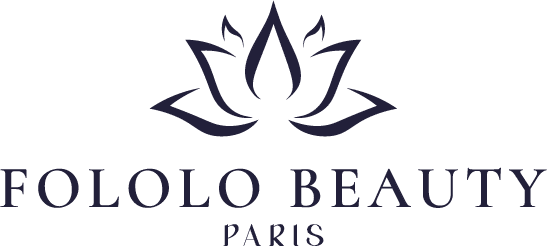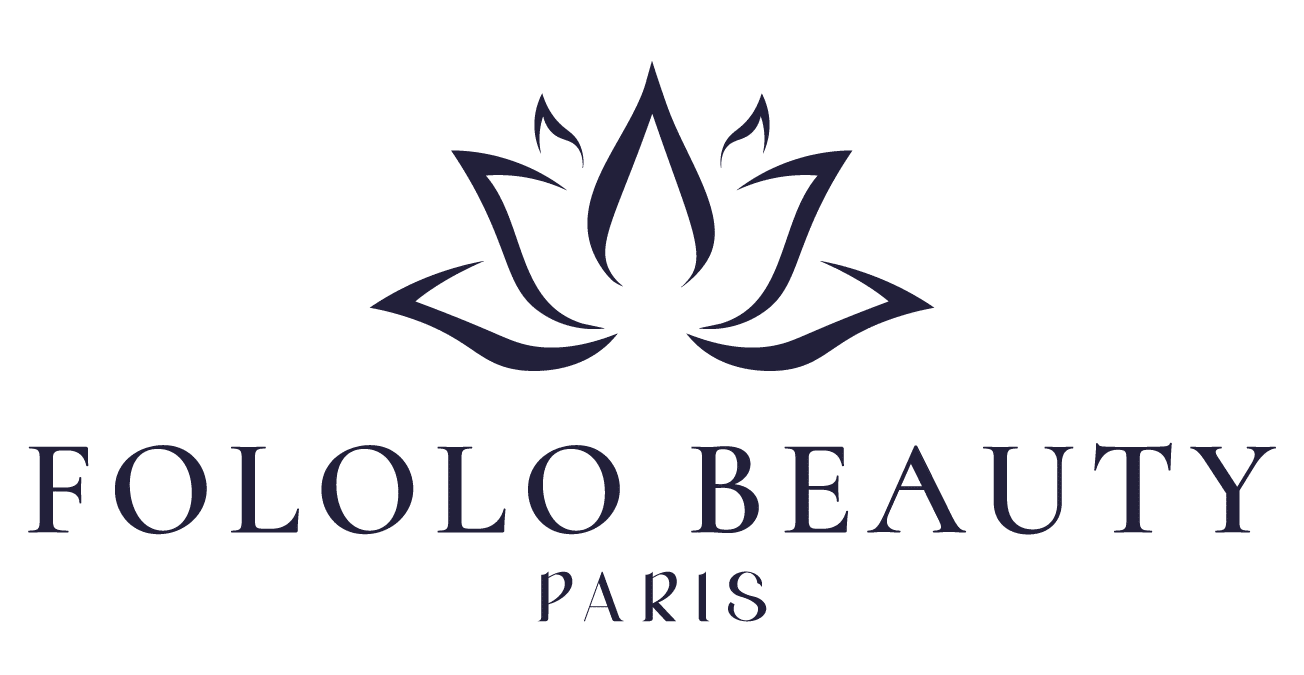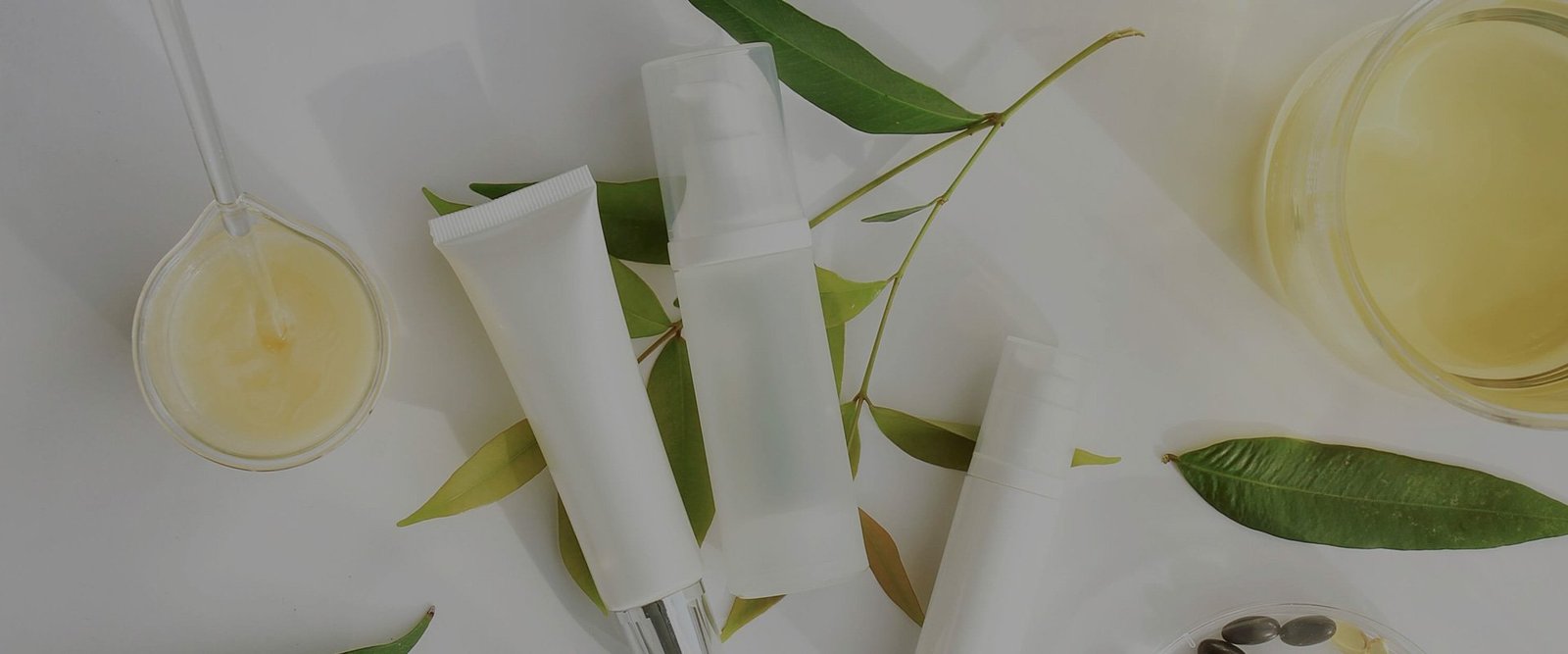
Blog
The History of Frizzy Hair: From Ancestral Crown to Identity Renaissance
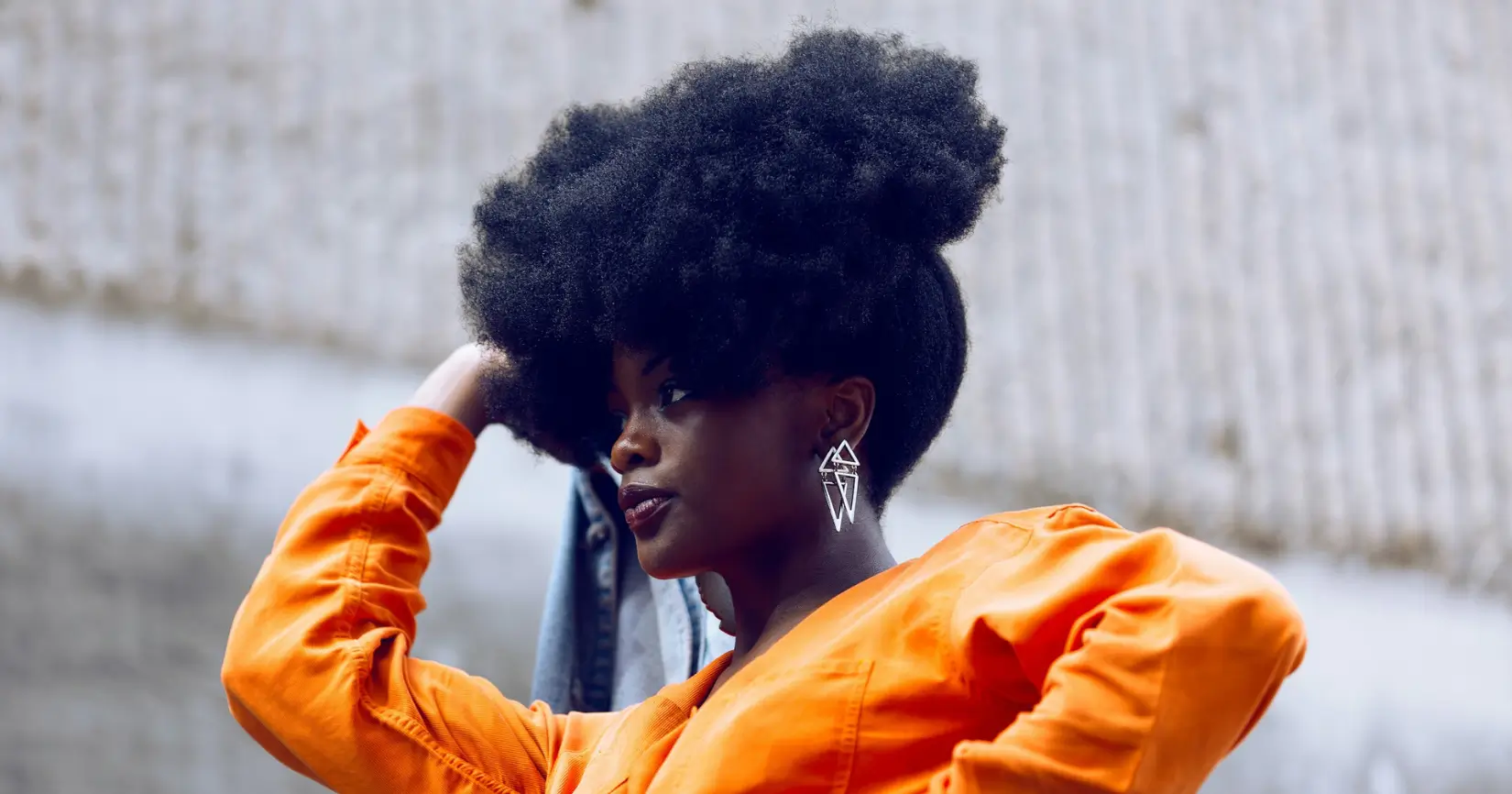
Frizzy hair, often referred to as "afro hair", is much more than a simple aesthetic. It embodies a profound history, sometimes painful, but also rich in a powerful cultural heritage and identity. At Fololo BeautyWe believe that every curl, every frizz is a living trace of resilience, beauty and creativity.
A glorious ancestral heritage
Before slavery and colonization, African peoples considered their hair to be a veritable crown.. Hairstyles were markers of social status, ethnicity, spirituality and marital status. Complex styles such as bantu knots, braids, locs or cornrows were not just aesthetic choices: they conveyed identity codes handed down from generation to generation.
In many parts of West Africa, hair care was a ritual. Natural ingredients such as shea butter, vegetable oils and plant powders were used to care for the hair and scalp. Hair was never neglected: styling their hair was a sacred act and community.
Traumatic rupture: the impact of slavery
With the transatlantic trademillions of Africans were torn from their land, their culture, their traditions - and their hair was not spared.
In the plantations, slaves' heads were often shavedFor practical reasons, but also for symbolic ones, cutting hair was tantamount to erasing their identity. Living conditions made it impossible to care for frizzy hair. Thus began the stigmatization Frizzy hair has become synonymous with carelessness and "wildness", compared to wool and devalued by European standards.
The era of straightening and compliance
With the end of slavery, Blacks attempted to integrating into a world dominated by Western standards. It was at this time that the first products from straighteninginvented to straighten frizzy hair and make it look like white hair.
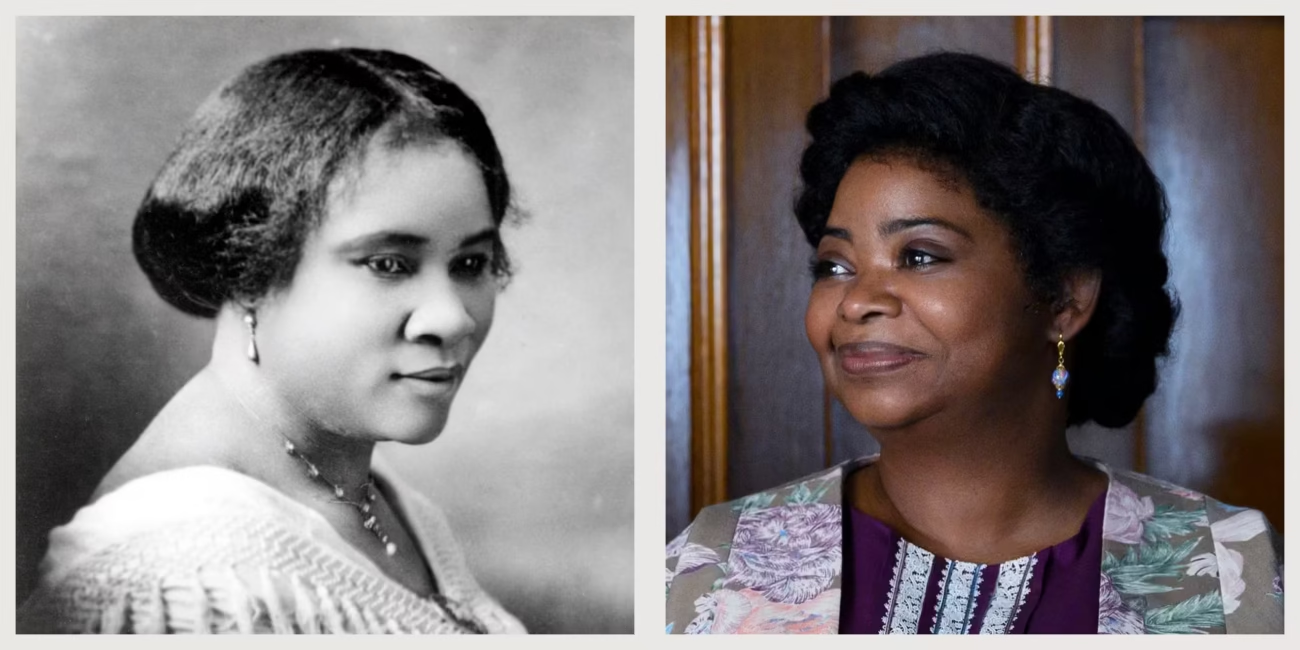
Mrs. C.J. Walkerthe first black woman millionaire in the United States, built her empire on hair care products for African-American women, including straightening products. If her intentions were imbued with economic emancipation, they also reflected the times: black beauty had to "get closer" to the white model.
Straightening irons, chemical relaxers and "European" wigs have become commonplace. Unfortunately, these practices have often left physical (alopecia, burns, damaged scalp) and psychological scars: loss of self-esteem, fuelled by self-rejection.
Back to nature: a revolution in identity
Since the 2000s, a wave of "natural hair movement has emerged, driven by women (and men) who reclaim their natural beauty. The return to kinky, curly or frizzy hair has become a trend. an act of resistance, pride and reconnection with one's roots.
Today, more and more people are freeing themselves from hair diktats, rediscovering natural care, protective hairstyles, and assuming their original texture. Brands such as Fololo Beauty are part of this dynamic, offering products that are adapted, gentle, effective and respectful of Afro hair.
An invitation to celebrate our heritage
Our frizzy hair tells a story - the story of our roots, our culture, our resilience. It's more than just a physical feature: it's a powerful marker of our identity.
As the graceful Lupita Nyong'o :
" My hair is a reflection of my heritage and a celebration of my culture. - (My hair is a reflection of my heritage and a celebration of my culture).
We believe that rediscovering and honoring the natural beauty of our hair also means reconnect with a deeper part of ourselves - with pride, with gentleness, with boldness.
Share your story!
At Fololo Beauty, we believe every curl tells a story. Share yours in comments, on our networks or by writing to us. Together, let's rewrite the story of frizzy hair, with love and pride.

